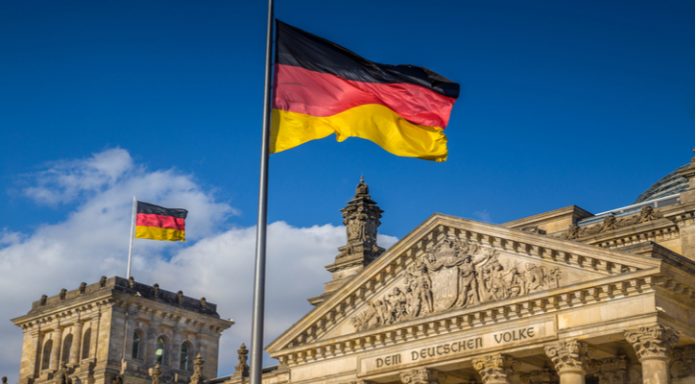- Pound (GBP) falls after gains last week
- UK GDP rose 0.3% MoM in November
- Euro (EUR) rises despite weak German data
- EZ trade balance is due
The Pound Euro (GBP/EUR) exchange rate is falling after gains last week. The pair rose +0.2% in the previous week, settling on Friday at €1.1642 and trading in a range between €1.1547 – €1.1649. At 09:00 UTC, GBP/EUR trades -0.11% at €1.1632.
The pound is heading lower at the start of the new week after moderate gains in the previous week. The pair rose 0.2%, marking its third straight weekly gain thanks in part to the stronger-than-expected UK GDP data.
Data on Friday showed that the UK economy grew 0.3% month on month in November, driven by growth in the service sector. This was stronger than the 0.2% expansion that economists had forecast.
This week continues to be a busy week for UK economic data, with unemployment figures due to be released tomorrow, as well as inflation data and retail sales data later in the week.
Investors will be following the macro data releases closely in order to gain a better understanding of when the Bank of England may start to cut interest rates this year.
Should inflation come in cooler than expected, then the Bank of England may be forced to bring forward the date of its first interest rate cut. Forecasters at three leading institutions suggest that inflation will have to 2% by April.
The euro is pushing higher despite German wholesale price falling -2.6% year on year in December after falling -3.6% in November. The data points to a weakening demand environment.
Meanwhile, German GDP figures showed that the economy contracted by 0.3% in 2023, in line with forecasts. Putting this into perspective, the German GDP is still at least 0.7% higher than it was in 2019 before the pandemic.
The German economy ministry said that key economic headwinds could diminish this year and that their recovery will be driven by the domestic economy, although there are still few signals of a quick recovery.
Looking ahead, the eurozone trade balance is due to be released and is expected to show that the trade surplus has widened; however, industrial production is expected to fall, painting a mixed picture.





